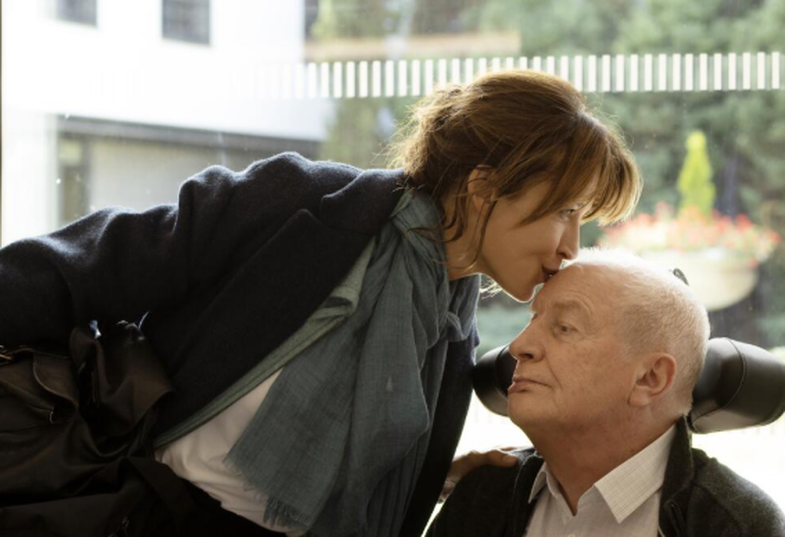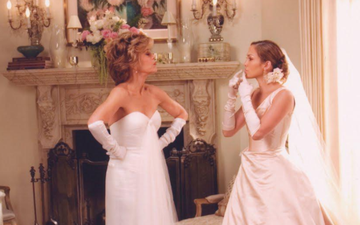
You may not realize it right away, but many of the ways you think, feel, and react in relationships have roots that go much deeper than a recent experience or relationship argument. Often, they're tied to how you were raised—and specifically, the relationship you had with your father.
If the mother is the traditional figure of love and support, then the father is (or is expected to be) the basis of self-esteem, security, and emotional support. According to psychologists, the way you behave as an adult can directly reflect the influence your father had during childhood.
Here are 3 psychological habits you probably picked up from your father, without even realizing it:
1. The way you perceive yourself and your worth
If you felt appreciated by your father only when you had achievements – good grades, "proper" behavior, or success in sports – then you have likely learned that your worth is only related to performance, not to who you are at heart.
Psychotherapist Kaytee Gillis points out that a lack of unconditional love from parents can create a sense that the world is an unsafe place, where any mistake is punished with rejection. This can lead to difficulties with self-confidence, a sense of acceptance, and a fear of abandonment.
2. Your attachment style in romantic relationships
According to attachment theory, if your father was emotionally present, warm, and stable, you may have developed a secure attachment style – you are able to be close to people without feeling threatened.
But if he's been cold, critical, or unpredictable, then you may have developed an anxious or avoidant attachment style. Maybe you crave closeness, but at the same time you're afraid of getting hurt, so you push people away as a way to protect yourself.
3. How do you manage (or suppress) emotions?
If you grew up with a father who was often angry or who never showed emotion, you may have learned to suppress your feelings or express your emotions in extreme ways. Children learn more from their parents’ behavior than from what they are told.
Psychology professor Abigail Gewirtz adds that the way parents cope with their own emotions, how they react to their children's emotions, and how much they talk about them significantly shapes the way children will experience the emotional world as adults.
How to break patterns that no longer serve you?
If you feel stuck in patterns that aren’t helping you, it’s okay to admit it – and it’s also okay to ask for help. Change starts with awareness. While emotional education doesn’t always come from home, you can build it yourself.
Suggested articles:
- Men are twice as likely to die from 'broken heart syndrome', study finds
- 6 signs that predict divorce, according to psychologist John Gottman
- What is the syndrome of
- 5 Albanians told their stories of great dilemmas and fears before & after divorce
- 11 little signs a woman gives when she loves you with all her heart
Source: Your Tango





